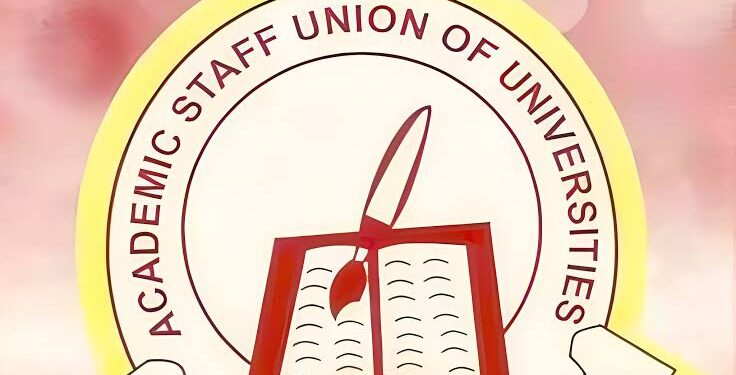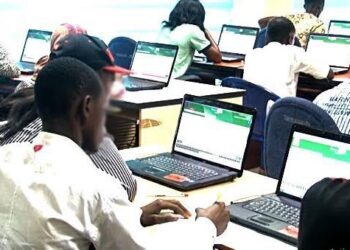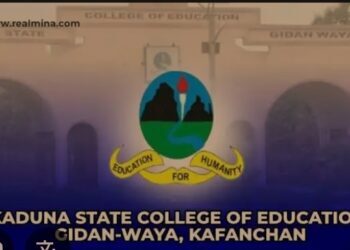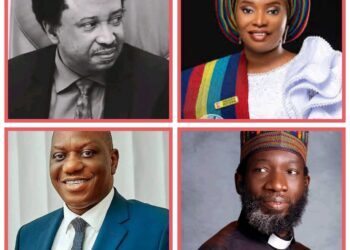The Academic Staff Union of Universities (ASUU) has voiced concerns regarding the substantial administrative costs faced by numerous public universities.
During a recent two-day event organized by the union in Abuja, ASUU President Prof. Emmanuel Osodeke addressed the media, highlighting the theme, “Nigeria in a State of General Crisis: The Search for a New Path to Development.”
Osodeke pointed out that the internally generated revenue (IGR) of many universities pales in comparison to their daily operational expenses, which include costs for electricity and security.
“For example, prestigious institutions such as the University of Lagos, University of Ibadan, Ahmadu Bello University, and University of Nigeria, Nsukka receive approximately N15 million monthly from the government for their overhead costs. However, the University of Lagos requires around N200 million just to cover its electricity expenses. The IGR is primarily utilized to settle these utility bills,” he explained.
He further noted that one university is on the verge of closure after receiving an electricity bill amounting to N300 million, starkly contrasting with the N15 million allocated by the government for operational expenses.
Osodeke emphasized that the IGR is insufficient even for purchasing library books or maintaining library operations. He lamented the lack of adequate funding for universities, which has declined significantly compared to earlier periods.
“If this trend continues without intervention, many universities will face closure due to their inability to meet basic operational standards,” he warned.
The ASUU president also expressed concern over the economic challenges faced by academics in Nigeria, mentioning that farming has become a more lucrative option for many. He highlighted that some professors earn less than N300,000 a month while still contributing to academic publications.
Moreover, Osodeke criticized the rapid proliferation of universities in Nigeria, indicating that many operate with minimal staffing as numerous academic professionals seek opportunities abroad.
He described the current state of the university system as alarming, also noting that the political class has engaged in electoral manipulation, leading ASUU members to withdraw from electoral processes following the 2015 general elections. He clarified that academics involved in elections do so as individuals, not as representatives of ASUU.
In response, Mr. Tajudeen Abbas, Speaker of the House of Representatives, urged ASUU to reconsider its planned strike, advocating for alternative methods to resolve industrial disputes in the university sector. “We must strive to maintain industrial harmony and stability through alternative dispute resolution,” he stated. (NAN)









